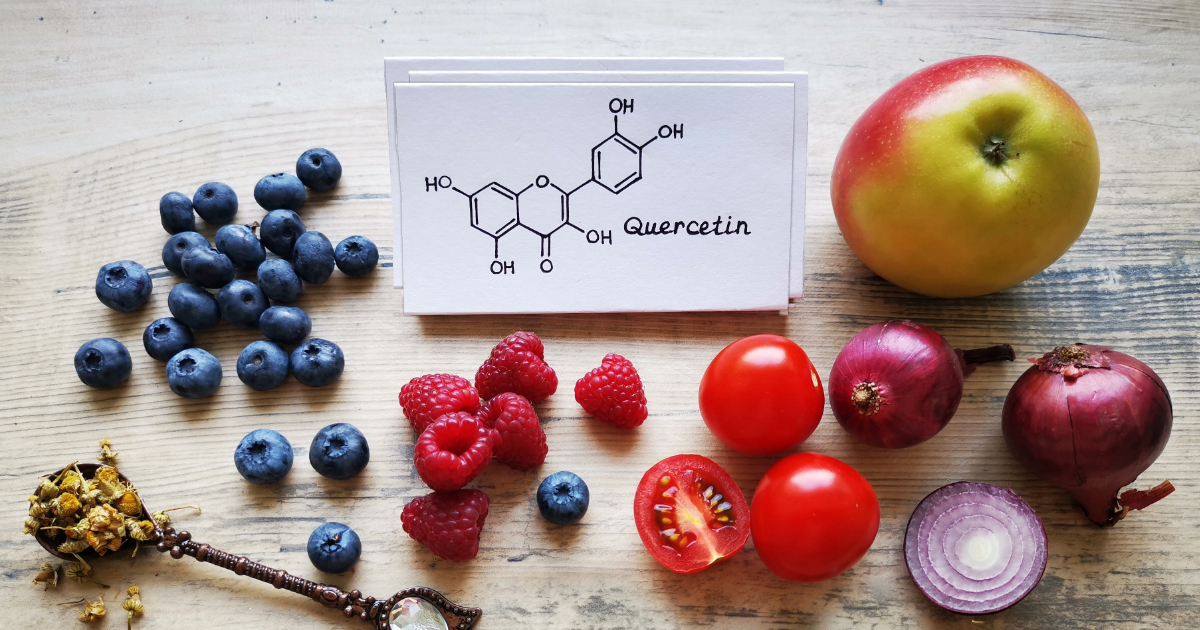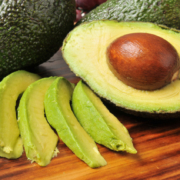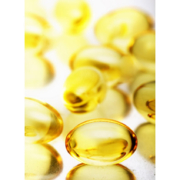How Flavonols Affect Mortality
Observational studies are just what the title indicates: observing something over time. In the case of the National Health and Nutrition Examination Survey (NHANES), one of the objectives is to observe the relationship between diet and whether it impacts how long we live. I recently came across a paper that examined the relationship between flavonol intake and mortality. Observational studies cannot give cause and effect; they can only suggest a relationship, which would then be followed up with randomized controlled trials. That doesn’t happen often enough in nutrition studies; how do you blind subjects to the foods they’re eating? Therefore, we take what we can get.
Researchers wanted to find out the relationship between one class of flavonoids called flavonols and mortality. They used data from the volunteers in three different NHANES data collection periods who completed a 24-hour dietary recall with an in-person interview and telephone follow-up. This is about as good as it gets when collecting dietary data in such large studies—over 11,000 subjects.
After accounting for age, gender, and other factors, there was a clear relationship between flavonol intake and mortality. Total flavonol intake was associated with an overall decrease in all-cause, cancer-specific, and CVD-specific mortality risks. The decrease in hazard ratio was as much as cutting the risk in half (cancer-specific) and by one-third from CVD and all-cause mortality; results were not as clear for diabetes and Alzheimer’s disease. There’s more to this study, and I’ll cover it on Saturday including the foods with the highest flavonol levels.
What are you prepared to do today?
Dr. Chet
Reference: Nature Reports. 2024. https://doi.org/10.1038/s41598-024-55145-y2. Arch









